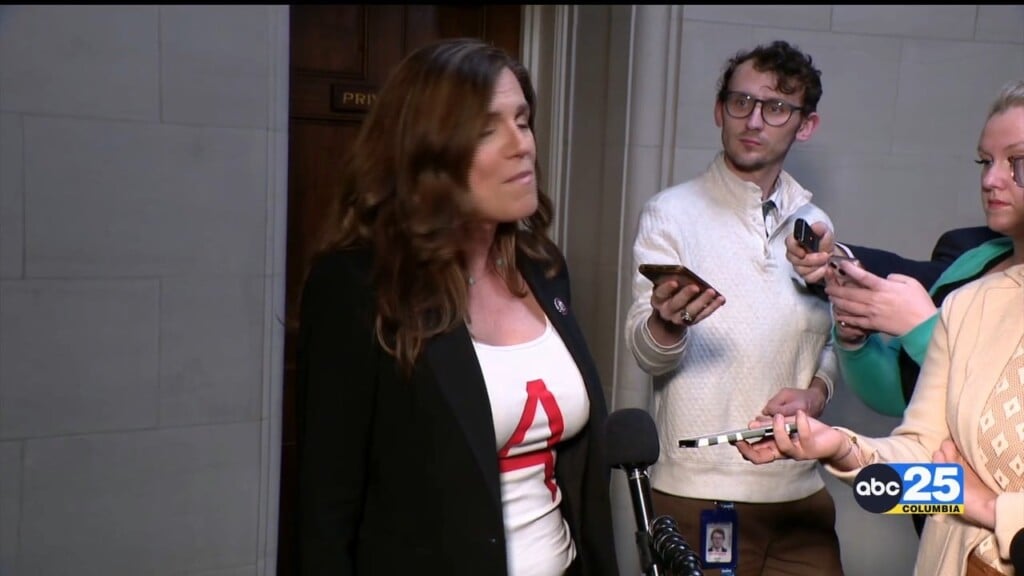IRS warns against scams targeting South Carolina seniors

FILE – A sign outside the Internal Revenue Service building is seen, May 4, 2021, in Washington. The IRS is warning taxpayers that they may be leaving more than $1 billion on the table. The federal tax collector said Monday, March 25, 2024, that roughly 940,000 people in the U.S. have until May 17 to submit tax returns for unclaimed refunds for tax year 2020. (AP Photo/Patrick Semansky, File)
COLUMBIA, S.C. (WOLO)– The Internal Revenue Service (IRS) has issued a warning about the rising threat of impersonation scams.
As part of continuing efforts to protect the senior community, the U.S. Department of Justice launched the National Elder Fraud Hotline in March 2020 to address fraud targeting elderly Americans and support affected individuals.
Scammers are targeting older adults in South Carolina by pretending to be government officials, aiming to steal sensitive personal information and money, says the IRS.
Also, scammers pose as representatives from agencies such as the IRS, or other government agencies while using fear and deceit to exploit their victims, the IRS press release states.
“Scammers often target seniors, attempting to steal personal information through phone calls, emails or text messages by pretending to be from the IRS or other agencies or businesses,” says IRS Commissioner Danny Werfel.
Fraudsters use advance techniques to fabricate credibility, including the manipulation of caller IDs to appear legitimate, according to the IRS.
Here are a few examples of their schemes:
- Impersonation of known entities: Fraudsters often pose as representatives from government agencies — including the IRS, Social Security Administration and Medicare — others in the tax community or familiar businesses and charities. By spoofing caller IDs, scammers can deceive victims into believing they are receiving legitimate communications.
- Claims of problems or prizes: Scammers frequently fabricate urgent scenarios, such as outstanding debts or promises of significant prize winnings. Victims may be falsely informed that they owe the IRS money, are owed a tax refund, need to verify accounts or must pay fees to claim non-existent lottery winnings.
- Pressure for immediate action: These deceitful actors create a sense of urgency, demanding that victims take immediate action without allowing time for reflection. Common tactics include threats of arrest, deportation, license suspension or computer viruses to coerce quick compliance.
- Specified payment methods: To complicate traceability, scammers insist on unconventional payment methods, including cryptocurrency, wire transfers, payment apps or gift cards, and often require victims to provide sensitive information like gift card numbers.
If an individual receives an unexpected call from someone alleging to be from the IRS, but they have not been notified by mail about any issues with their IRS account, they should hang up immediately, the call is likely from a scammer.
The IRS suggests to not return the call using the number provided by the caller or the one displayed on their caller ID.
If taxpayers are uncertain about the legitimacy of IRS communications, they can contact IRS customer service for verification at 800-829-1040, or for the hearing impaired, TTY/TDD 800-829-4059.
Report the call or electronic scam by visiting the Hotline page of the Treasury Inspector General for Tax Administration and using an IRS Impersonation Scam Reporting form or by calling 800-366-4484. Forms to report different types of fraud are available on the Hotline page of Treasury Inspector General for Tax Administration website.


